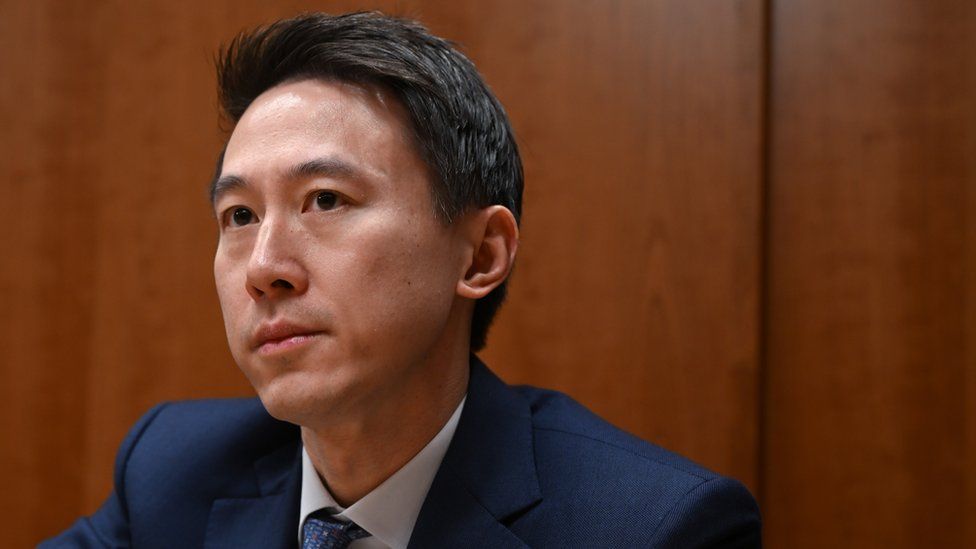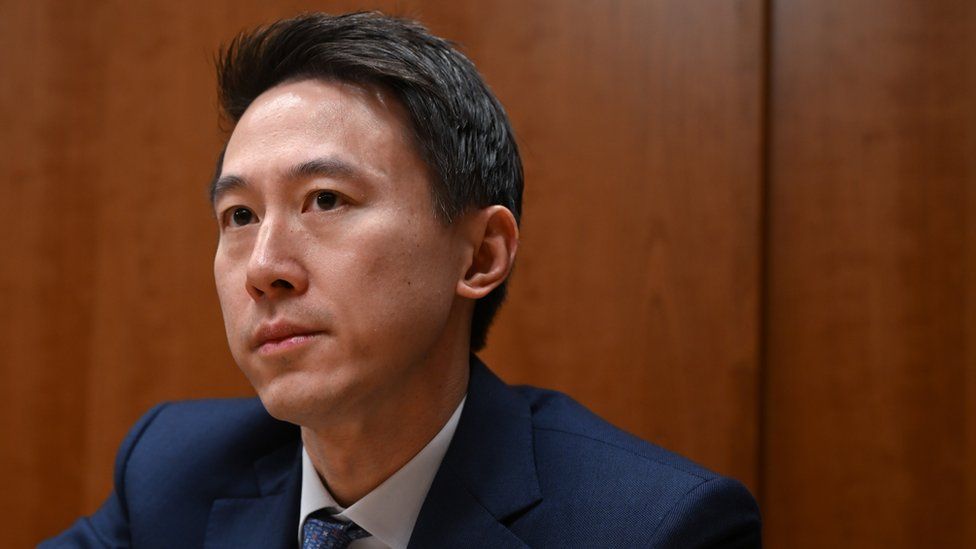TikTok Launches Campaign on Digital Safety
As part of ongoing efforts aimed at tackling concerns over digital safety of its subscribers, global vlogging platform TikTok has hosted a series of workshops, recognizing that safety is a top priority for its community in Somalia and believes collaboration is the key to maintaining a safe app environment.
As part of numerous initiatives to ensure a safer platform, TikTok announced a comprehensive refresh of its Community Guidelines. These are the rules and standards for being part of the TikTok community, which apply to everyone and everything on the platform. Based on feedback from users and in consultation with over 100 expert organisations across the world, this update has advanced the platform’s commitment to transparency by giving everyone more information about safety policies and how TikTok enforces them.

Speaking on the development, Kevin Morgan, Head of Trust & Safety, EMEA, said that “We’re proud to have implemented the Community Guidelines refresh, offering our community much more transparency about our rules and how we enforce them. It takes a whole village to keep people safe online, so we’re grateful to everyone in the TikTok community and to all of the external experts who have contributed and continue to help us advance our rules and stay a step ahead of emerging threats.”
Read also : Ivorian Syca Joins Scaleway’s Startup Programme
Ensuring consistent transparency, TikTok releases quarterly Community Guidelines Enforcement reports available on the Transparency Centre , which details actions that have been taken to tackle violative content.
In Q4 2022 (ReportPublished March 31, 2023), TikTok removed 85.68 million videos globally, which represents 0.6% of all videos uploaded on the platform. In the same period, TikTok removed over 280 000 violating videos in Somalia, and 98.7% of the violating videos were identified and removed before they were reported.
Safety work can not be achieved in isolation. Collaboration between digital platforms and local regulators is essential to ensuring that digital platforms are safe for users.
Emphasising the importance of collaboration in ensuring the community stays #SaferTogether, General Manager, Mustafa Y. Sheik of the National Communications Authority (NCA) in Somalia said: “National regulators such as the National Communications Authority of Somalia play a crucial role in ensuring that platforms such as TikTok are safe for all users. We value the collaboration between TikTok and NCA in ensuring users on the platform recognise and use the tools to help in preventing harmful content, particularly content that promotes terrorism and violence.
We recognise and applaud TikTok for initiating educational programs for users in Somalia with their #SaferTogether hashtag, safety features update and Community Guidelines refresh. Working together we can create and educate on effective safety measures for all age groups, protecting users from harm while maintaining educational and creative content that respects our community’s culture, values, and norms,”
TikTok is only for users over the age of 13 and the platform has made keeping teens safe possible with regularly updated features such as:
– Family Pairing which allows parents or guardians to link their TikTok account to their teens’ and customise various safety & privacy settings – including whether it’s a public or private account, who can comment on their videos, and how long they spend on TikTok each day.
Read also : Mastercard Partners NAPS to Drive Innovation Across Morocco’s Digital Payments Landscape
– TikTok restricts teens from having access to certain features. For example, accounts aged 16 and under can’t use Direct Messaging, and accounts aged under 18 cannot go LIVE.
– To help teens develop positive digital habits, TikTok recently set a default 60-minute daily screen time limit for accounts aged under 18.
The wider TikTok community’s safety matters too and TikTok has made various features available to assist the community in managing their experience on the app with the following features:
- Account privacy settings: With these features, users are able to decide who they approve to follow them and engage with their account; with accounts belonging to 13-15 year olds set to private by default.
- Comment filters: TikTok’s wide range of comment filters enable users to choose which comments they want to see on their videos, set keywords they want to be filtered out of their comments, and report, delete or block up to 100 comments and accounts at once.
- User report function: This feature allows users to confidentially report inappropriate content or behaviour they see on the platform, so that TikTok can review it and remove it if it violates our Community Guidelines. This further amplifies the importance of collaboration in ridding the platform of content that goes against Community Guidelines.
TikTok adheres to its commitment to fostering responsible navigation of its platform and providing a trustworthy experience to all its users. As a growing entertainment platform, TikTok pledges to dedicatedly work to improve the community’s digital experience.
Kelechi Deca

Kelechi Deca has over two decades of media experience, he has traveled to over 77 countries reporting on multilateral development institutions, international business, trade, travels, culture, and diplomacy. He is also a petrol head with in-depth knowledge of automobiles and the auto industry







